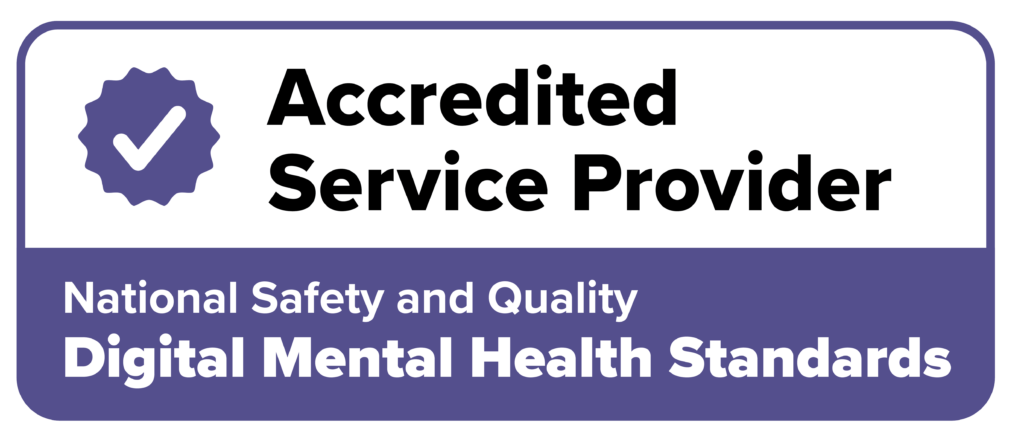The first person a survivor tells about their abuse or trauma experience is often someone they really trust – a close friend, family member or partner. When a survivor discloses to you, it can be overwhelming for them and for you. If a survivor does disclose, listen carefully and don’t interrupt. Most survivors want to be heard and believed. And to have their feelings validated.
Telling another person about what happened to them takes a lot of courage. It means overcoming the shame many survivors carry through life. And their belief that they are to blame for what happened to them. Often a disclosure comes with a lot of fear and other intense emotions.
This can mean that survivors are sensitive to your reactions. If a survivor feels dismissed or negated they will often shut down. And not seek further help. It’s not easy to hear about your friend or loved one’s trauma. However, it is important that you do, if the person wants to tell you. And that when you do, it is important that you listen compassionately. While many survivors do seek professional help, friends, family members and partners can provide a lot of support. It is a privileged position of trust. One in which a survivor needs to feel as safe and respected.







